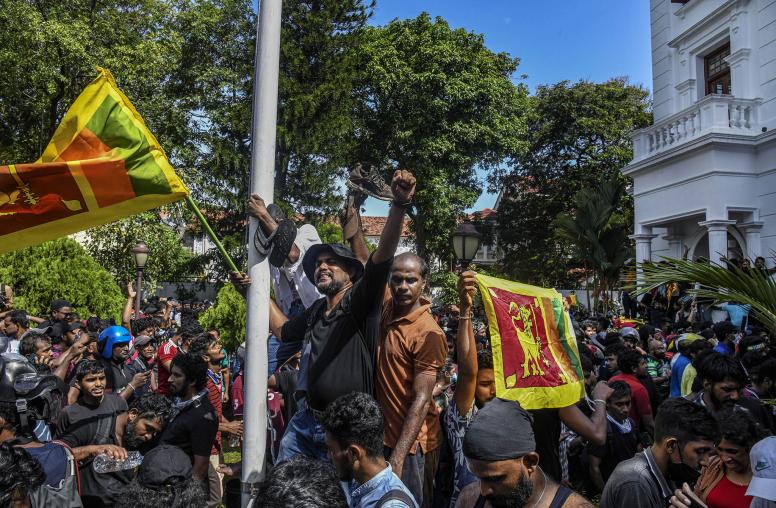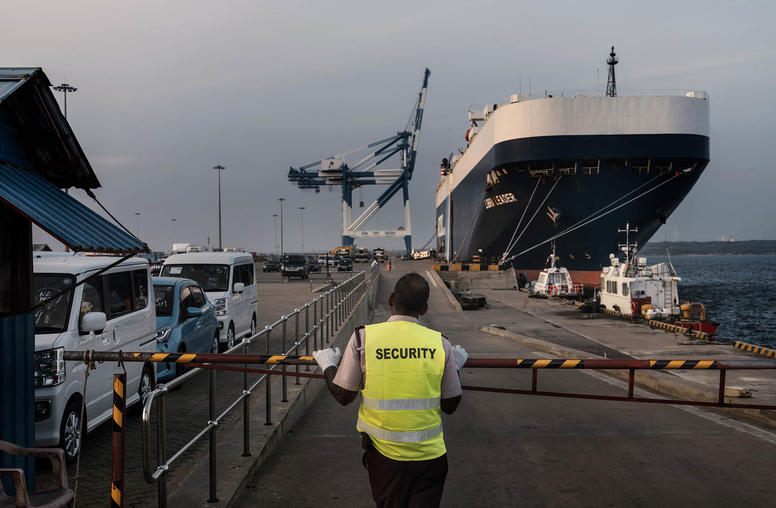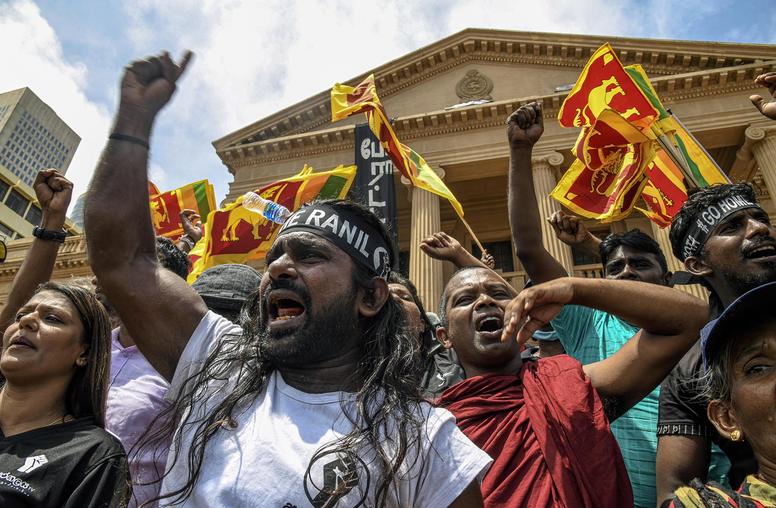Advancing Reconciliation and Development in Sri Lanka
Read the Event CoverageSix years after the end of the conflict in Sri Lanka, the country’s new president set out to address longstanding challenges of reconciliation, accountability and political grievance built up during decades of the country’s violent internal conflicts. On February 25, the U.S. Institute of Peace hosted Sri Lanka’s Foreign Minister Mangala Samaraweera for a discussion, co-sponsored by the Heritage Foundation, of how the initiatives to advance reconciliation, post-conflict development and stronger democratic institutions are progressing.

The conflict in Sri Lanka, which raged for over two decades, came to an end in May 2009 with the defeat of the insurgent Liberation Tigers of Tamil Eelam. In January 2015, President Maithripala Sirisena, in a democratic election, unseated the administration that oversaw the war’s end in a surprise victory, promising to move the country toward reconciliation and sustainable development.
Samaraweera told the U.N. Human Rights Council in September 2015 that the government fully recognizes that “the process of reconciliation involves addressing the broad areas of truth-seeking, justice, reparations and non-recurrence.” The Foreign Minister offered an update on the progress toward sustainable peace in Sri Lanka, including plans for economic development. The remarks were followed by a moderated discussion and a question-and-answer period with the audience. Continue the conversation on Twitter with #SriLankaFM.
Speakers
Ambassador Bill Taylor, Welcoming Remarks
Executive Vice President, USIP
Nisha Biswal, Introductory Remarks
Assistant Secretary of State for South and Central Asia Affairs
His Excellency Mangala Samaraweera, Remarks
Foreign Minister of Sri Lanka
Lisa Curtis, Moderator
Senior Fellow, Asian Studies Center, Heritage Foundation
Walter Lohman, Closing Remarks
Director, Asian Studies Center, Heritage Foundation




